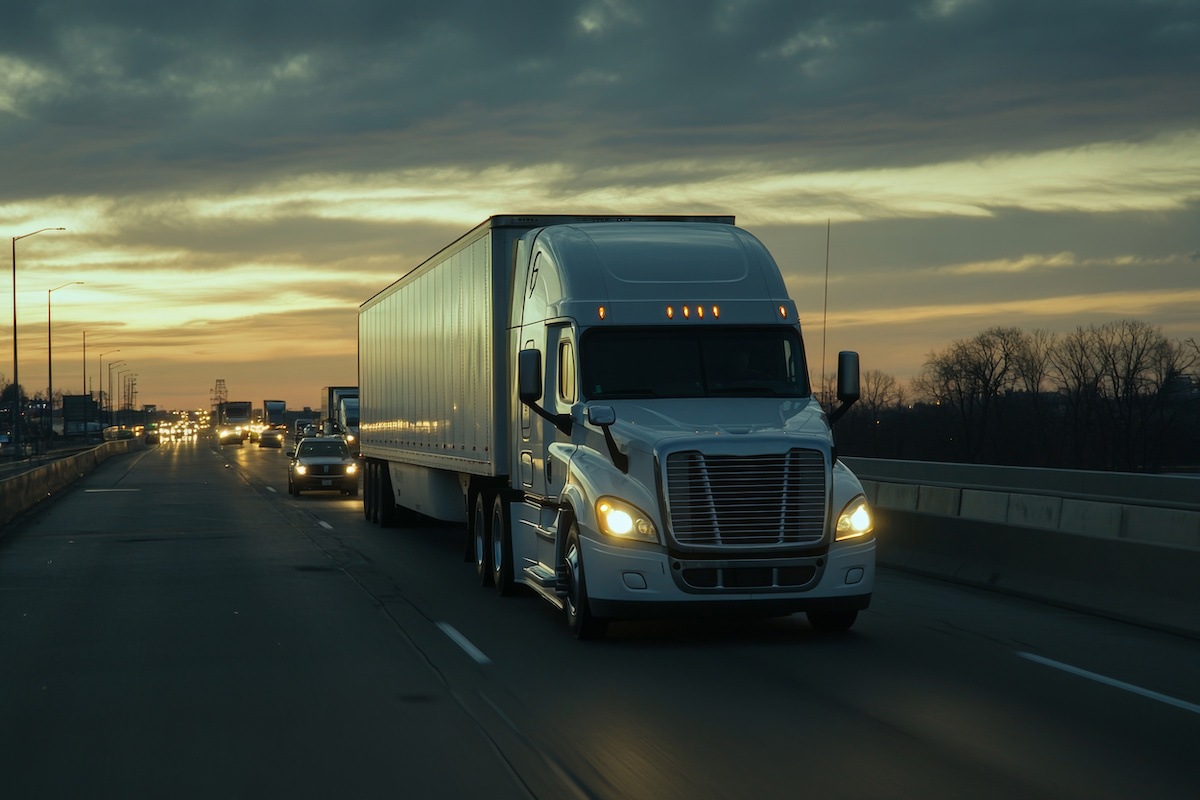The state of Oregon has decided to delay the electric truck sale mandate because the “new truck market dynamics in Oregon are not functioning properly.”
The Oregon Department of Environmental Quality announced the postponement of the electric truck sale mandate, otherwise known as the ‘Advanced Clean Truck’ (ACT) regulation, on May 15th.
“Effective immediately, Oregon DEQ will refrain from pursuing enforcement or assessing civil penalties against any manufacturer of medium- and heavy-duty vehicles,” the memo reads, adding that truck manufacturers must still exhibit “good faith efforts” and “reporting requirements.”
“The new truck market dynamics in Oregon are not functioning properly. In particular, the preferred compliance strategy of manufacturers not delivering internal combustion engine trucks to Oregon’s market to avoid accruing any deficits is failing to meet the needs of dealers and fleets,” the memo continued. “Some manufacturers are limiting new internal combustion engine truck sales as a means to ensure compliance with ACT sales requirements, thereby reducing overall new truck availability to a wide range of users.”
Those in the trucking industry say that the demand for electric commercial vehicles just isn’t anywhere near the volume of electric CMV sales required by the electric truck sale mandate.
“They’re sitting on all this EV inventory nobody wants,” said Representative Shelly Boshart-Davis, whose family runs a farm and trucking company.
Under the ACT, 40-75% of the new commercial vehicles sold in Oregon would have to be electric by 2035. As of Thursday, the electric truck sale mandate will be postponed in 2025 and 2026, with a potential for a longer delay.
“EVs simply don’t work in most trucking applications,” Boshart-Davis said.






